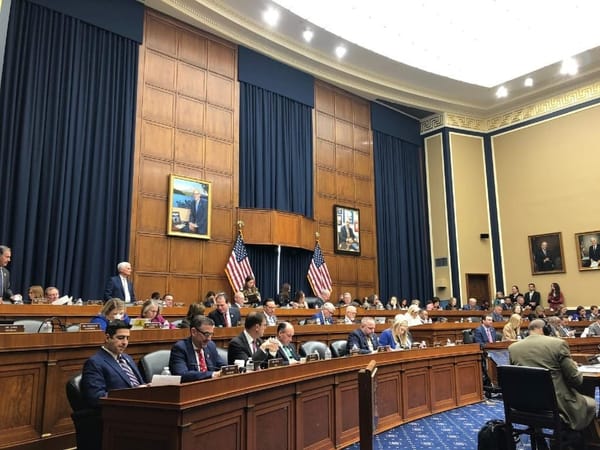Tech Group Unveils Policy Recommendations for the Next Administration
The TPI report warned against government overreach in content moderation.

The TPI report warned against government overreach in content moderation.

WASHINGTON, Dec. 8, 2024 – The Technology Policy Institute has released a comprehensive set of policy recommendations for the next presidential administration, urging a balanced approach to innovation and regulation to maintain America’s global competitiveness.
The policy recommendations, set forth by TPI senior fellows Scott Wallsten, Sarah Oh Lam, Thomas Lenard, spanned critical areas including broadband access, digital speech, antitrust policy, and artificial intelligence.
The authors devoted an entire section to advocating for the preservation of online platforms' flexibility to moderate content through the legal safe harbors provided by Section 230, protections that incoming FCC Chairman Brendan Carr has vowed to challenge.

Officials say the first phase of the city’s network will install over 100,000 feet of new fiber optic cable.

Join us as we explore the opportunities and challenges at the intersection of broadband and agriculture.

What constitutes an 'invidious' DEI policy in regulators' eyes?

Democrats warn the law will fall flat without a functional FTC to enforce it.